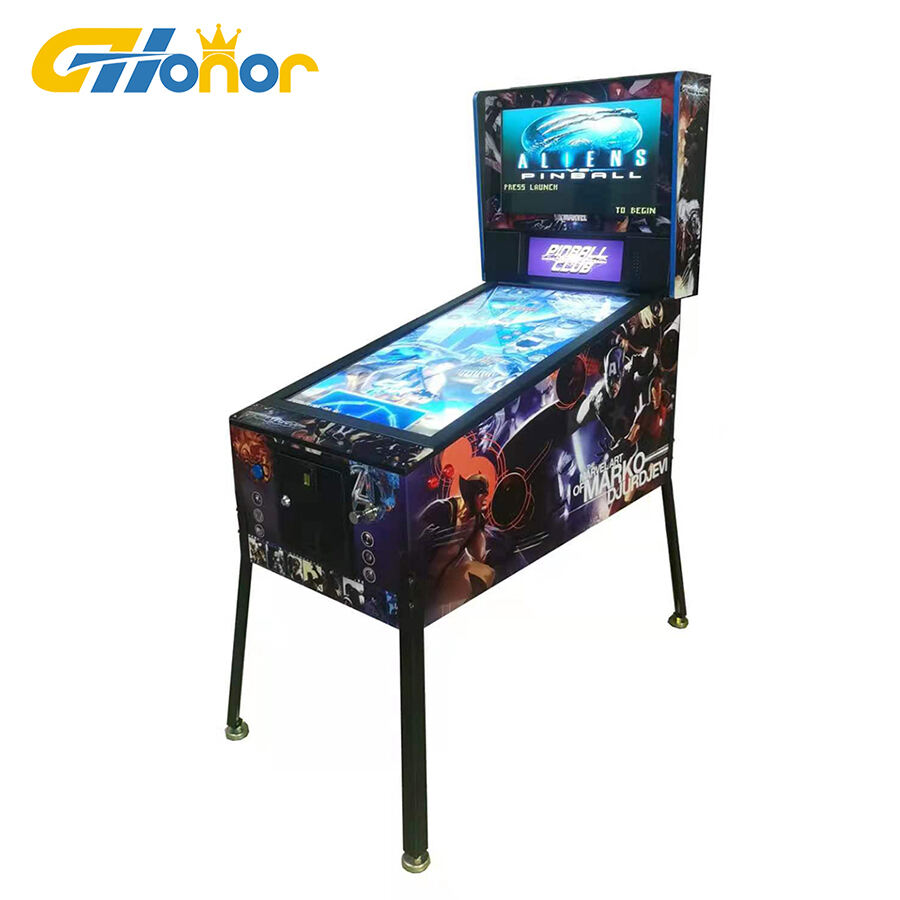Gaming companies are organizations dedicated to the development, publishing, distribution, and monetization of video games, encompassing a diverse range of entities from small independent studios to large multinational corporations. These companies play a pivotal role in shaping the gaming industry, driving innovation, creating memorable experiences, and connecting players worldwide through interactive entertainment. Independent game studios, often referred to as "indie" studios, are typically small teams or even individual developers focused on creative, niche, or experimental projects. They operate with limited budgets, often self-funding or securing grants, and prioritize artistic vision over commercial appeal. Indie studios are known for pushing boundaries with unique gameplay mechanics, art styles, or narratives—examples include "Stardew Valley" (developed by a single programmer) and "Hollow Knight" (created by a small team). These companies often leverage digital distribution platforms (Steam, Itch.io) to reach audiences without relying on traditional publishers, allowing them to maintain creative control over their work. Triple-A (AAA) gaming companies are large, well-funded organizations that produce high-budget, high-profile games designed for mass appeal. These companies often have multiple internal development studios, extensive marketing teams, and global distribution networks. Examples include Electronic Arts (EA), Activision Blizzard, and Ubisoft. AAA games typically feature cutting-edge graphics, large-scale worlds, and polished gameplay, with development budgets often exceeding millions of dollars. They are released across multiple platforms (consoles, PCs, mobile) and supported by extensive marketing campaigns, post-release downloadable content (DLC), and online services to maximize player engagement and revenue. Publishing companies specialize in funding, marketing, and distributing games developed by external studios, acting as intermediaries between developers and audiences. Publishers provide financial resources, quality assurance, access to distribution channels, and marketing expertise, allowing developers to focus on creation. Some publishers, like Take-Two Interactive or Square Enix, also own internal development studios, combining publishing and development capabilities. They negotiate deals with platform holders (Sony, Microsoft, Nintendo) to ensure games are available on major consoles and stores, and manage relationships with retailers for physical copies. Hardware manufacturers are another type of gaming company, producing the devices used to play games. This includes console makers (Sony with PlayStation, Microsoft with Xbox, Nintendo with Switch), PC component manufacturers (NVIDIA, AMD for graphics cards), and peripheral companies (Razer, Logitech for controllers, headsets). These companies drive technological innovation, releasing new hardware with improved performance, graphics, and features that enable more immersive gaming experiences. Esports organizations are a growing segment, focusing on competitive gaming through professional teams, event management, and content creation. Companies like Cloud9, Team Liquid, and T1 field teams in popular esports titles, secure sponsorships, and participate in global tournaments. They also produce streaming content, engage with fans, and contribute to the growth of esports as a spectator sport. Gaming companies also include service providers such as digital distribution platforms (Steam, Epic Games Store), which host and sell games to players; cloud gaming services (Google Stadia, Xbox Cloud Gaming), which stream games over the internet; and social gaming platforms (Roblox, Discord) that combine gameplay with community features. These companies facilitate access to games, connect players, and create ecosystems that support both developers and audiences. Regardless of size or focus, gaming companies share a common goal: to create and deliver engaging, high-quality games that resonate with players, adapting to technological advancements, cultural trends, and player preferences to remain relevant in the dynamic gaming industry.
